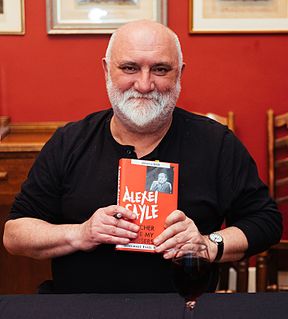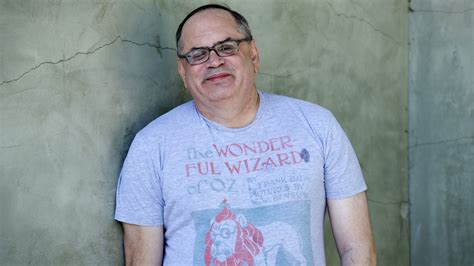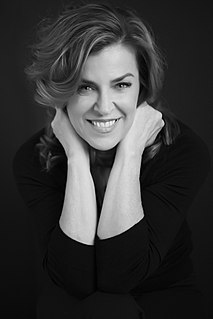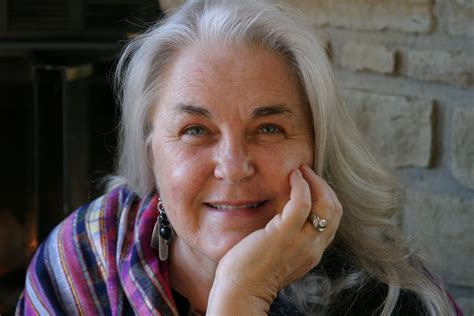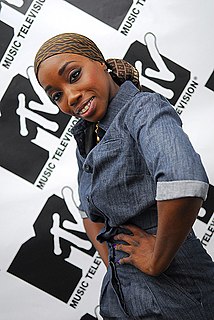A Quote by Louis Agassiz
Every great scientific truth goes through three states: first, people say it conflicts with the Bible; next, they say it has been discovered before; lastly, they say they always believed it.
Related Quotes
Truth, in its struggles for recognition, passes through four distinct stages. First, we say it is damnable, dangerous, disorderly, and will surely disrupt society. Second, we declare it is heretical, infidelic and contrary to the Bible. Third, we say it is really a matter of no importance either one way or the other. Fourth, we aver that we have always upheld it and believed it.
They say that there is no reality before it has been given shape by words rules regulations. They say that in what concerns them everything has to be remade starting from basic principles. They say that in the first place the vocabulary of every language is to be examined, modified, turned upside down, that every word must be screened.
I'll look through a script, and if there's a lot of night shooting I tend not to want to do it. If there's huge party scenes and I'll go through a few pages and say "Well, at least I'm not in this," then the last page my character walks in and says something, I say, "Uh oh, that's going to be three days on the set sitting around drinking coffee at the craft-service table." Unless it's a great part. All in all if it's a great part you'll do it and I'll say, "Well, I'm gonna be on the set for three days."
I say to people that it's a choice that we make every day in our lives. Doesn't matter what you're going through. You don't have to be going through what I went through. But it's whether you decide to get up or stay down, whether you say 'yes' or whether you say 'no' to life. Basically, I decided to say, 'Yes.'
My husband is my most ruthless critic... sometimes he will say, 'It's been said better before.' Of course it has. It's all been said better before. If I thought I had to say it better than anybody else, I'd never start. Better or worse is immaterial. The thing is that it has to be said; by me; ontologically. We each have to say it, to say it our own way. Not of our own will, but as it comes out through us. Good or bad, great or little: that isn't what human creation is about. It is that we have to try; to put it down in pigment, or words, or musical notations, or we die.
People are stumbling over the simplest things. Take, for instance, that word believeth. You would think that was plain enough for anybody, but all my life I have heard people say, 'I have always believed, and yet I am not saved.' It does not say, 'Whosoever believeth the Bible, or creeds, or even the gospel story,' but it does say, 'Whosoever believeth in him.' What is it to believe in Him? It means to put your soul's confidence in Him, to trust in Him, God's blessed Son.
The people at my label are always endorsing what I say. They say, 'You see the truth, so speak it.' They believe in me. They respect my opinion. At least I have an opinion, and I'm not trying to play it safe. I don't go around saying, 'I think everyone is great, and the world is fantastic.' Everyone has opinions. They just don't say it.







